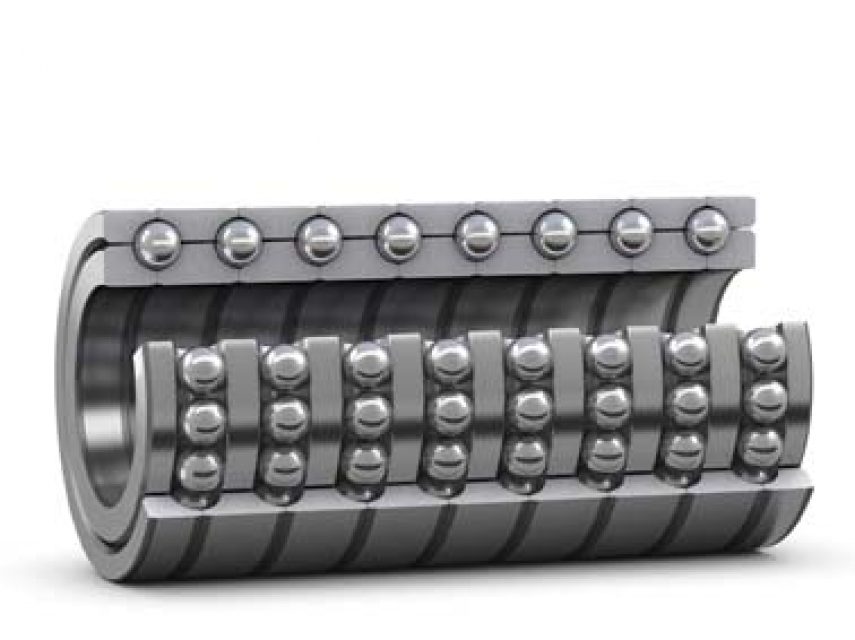MUD motor bearings need to be carefully designed because they are called upon to deal with exceptional stresses and particularly harsh conditions
That’s according to Roland Muttenthaler, Business Development Manager Oil and Gas at SKF, who said the lubrication of mud motor bearings presents particular challenges in the oil and gas exploration sector with bearing failures resulting in costly downtime.
With many rig and crew costs totalling upwards of €200,000 (R3.2 million) a day, even the briefest disruption to production can cost oil and gas companies an eye-watering amount in lost revenue. This, he said, makes reliability the number one critical success factor in this key energy sector.
To improve bearing performance and reliability in oil and gas exploration applications, SKF engineers have used the company’s own proprietary design and simulation tools to accurately define the behaviour of a bearing stack, redesign the bearing to minimise stresses and optimise load-carrying capacity, and test new designs and materials.
Precise bearing load analysis is impossible in a ‘live’ working environment because the drill head can’t be accessed during operation. However, SKF has built a test rig that simulates basic operating conditions of mud stack bearing components to investigate ways to resolve the problem of premature bearing failure.
Using these rigs, the company has been able to replicate wear patterns and cracking in the rings in a manner consistent with typical failure modes.
The SKF methodology, however, goes beyond bearing analysis, encompassing a review of the total application and operating environment. According to Muttenthaler, a unique SKF competency is its depth of knowledge of materials development, particularly steel. An initial root cause failure analysis conducted by SKF engineers showed that the base steel as well as post-production processes would have a significant impact on bearing service life.
SKF manufactured a limited number of bearings of the new design for the test rig. As well as the special steel for improved wear-resistance, the bearings featured a full complement of balls for increased load-carrying capacity, interchangable rings for optimized load distribution and a unique internal geometry to support heavy axial drilling loads and resist contaminants.
After the positive results on the SKF test rigs, the bearings were put into operation on a customer field job. The bearings were assessed during standard service intervals of the drilling motor and were found to be in a useable condition and were sent back for additional runs. Through bearing design changes and an optimised motor overhaul procedure, the run hours have been improved in this specific case by around 100%.
Expectations are that the SKF mud motor bearing solution will perform in downhole conditions significantly longer than the industry’s current 50-200hrs service hours.
“With a predicted surge in worldwide drilling activity over the coming years, increased reliability will translate to extended mean time before failure and the improved performance offered by companies like SKF provides a critical advantage for oil producers looking to gain an edge in this ferociously competitive market,” Muttenthaler said.

